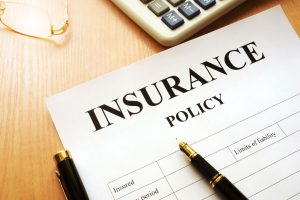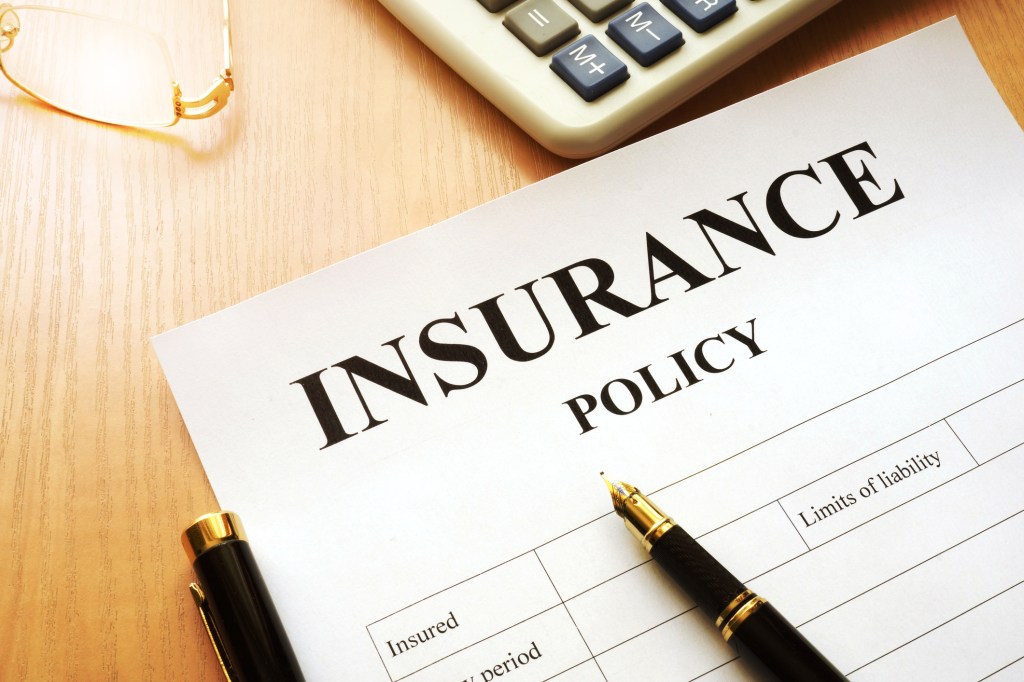
Written by Dan Armes, founder of ServoPro.
Running and managing a petrol station takes a lot of time and effort. The day to day tasks required to keep the business running often take up most of your time. This leaves little time for aspects of your business which are as important, but easy to put off.
Insurance is one of those aspects that petrol station owners often don’t think about until they need to make a claim. Quite often it is then too late to update your insurance, check you are adequately covered and that all policies have been paid and are up to date.
We have found that many ServoPro members are not covered for the right type of risks, their policy doesn’t suit their business or they are paying too much in premiums because they are over-insured. As all petrol station operators would know, we do business in a highly-regulated and complicated industry with unique risks.
Many insurers don’t understand the industry and therefore provide policies which just aren’t up to scratch. One example of this is dangerous goods. Many insurers don’t understand the risks associated with businesses that sell dangerous goods. This results in insurance policies that don’t cover the risks associated with running a petrol station.
I always advise our members to speak with an insurance broker who understands the industry to check they are covered for all the risks associated with their business. It makes good business sense to check your policies every year because if the worst case scenario happens, you want to make sure you are covered. After all, that’s why we all have insurance.
The top three areas we see ServoPro members needing to make claims on their insurance are impact damage, fuel contamination and theft or burglary.
Impact Damage
Impact damage can range from cosmetic surface damage to more serious damage where staff and customers are at risk. Most petrol station operators have had customers who have run into a fuel pump or driven off with a nozzle still in a vehicle. This can cause thousands of dollars worth of damage and without the right type of insurance cover, the petrol station owner can be left to cover the costs.
Fuel Contamination
Fuel contamination is every petrol station operator’s worst nightmare. It is best practice to regularly check the integrity of your fuel that can become contaminated for a variety of reasons. We have seen occurrences of customers filling their vehicles with contaminated fuel and breaking down in the driveway or down the road. In some cases, there have been up to 30 vehicles affected before the contamination is detected. The cost of this happening can run into the hundreds of thousands of dollars. Petrol station operators must be covered for this risk under their insurance policy.
Theft and burglary
Theft and burglary is a major problem for petrol stations. With large amounts of cash being held on premises and the value of products such as cigarettes, petrol stations are an easy target for theft. Many ServoPro members have realised they are not covered for the theft of cigarettes after we have examined their insurance policies.
Allan Sudale, Managing Director at Sudale Insurance Brokers is ServoPro’s partner for insurance and is a specialist in the petrol and convenience industry. Allan says that 95% of the insurance policies he looks at need to be reviewed because they either don’t cover the risks associated with a petrol station or the business owner is paying excessive premiums for insurance they don’t need.
“Unfortunately, armed hold-ups are becoming more and more frequent in the petrol and convenience industry. I have seen it many times where petrol stations are not covered for the theft of cash which is not included in a generic insurance policy and is a separate section that must be included,” said Mr Sudale.
Business owners need to be aware that they must also follow certain steps to make sure they are complying with their insurance policy. Mr Sudale used the example of fire extinguishers that require regular monitoring.
“Fire extinguishers must be checked every six months by a licensed fire company. They must be in good working order because if there is a fire and a claim needs to be made without the fire extinguishers regularly checked, your insurance claim may be void under the fire section,” Mr Sudale said.
When insuring a petrol station, it is important to cover both internal and external glass, which also falls under a separate section of your policy. Keep in mind there is usually an $8,000 limit to cover signage.
Environmental insurance is very important for petrol station owners. Many of our members have reported that the EPA in conjunction with local councils are conducting site audits to check on policies and procedures. In recent figures contained in a NSW Auditor General report, it was revealed that 770 petrol stations were actually or potentially contaminated. One of our ServoPro members has had to close his business for six months while contamination issues are rectified.
In regards to environmental insurance, Mr Sudale said: “Petrol station owners should check their policies to make sure this is included. In Australia we have many old sites with old fuel tanks which could be leaking. If contamination occurs, the cost to fix the issue and the impact of the business being closed is a risk that must be insured against”.
Mr Sudale also pointed out the importance of lodging any claims as soon as an incident occurs.
“The quicker the claim is lodged, the quicker the insurer can work to pay your claim. Our aim is to get your claim processed and paid as quickly as possible so you can get back to running your business,” he said.
So should you organise your insurance directly with an insurance company or use a broker? I always advise our members to use a broker as they do all the heavy lifting for you. They not only help you find the best deal, check you are adequately covered and choose the best insurance products, but they will process any claims that need to be made on your behalf. The best thing is, this costs you nothing. When choosing a broker, make sure you use one that understands the unique risks associated with the petrol and convenience industry.
Make it a priority to check your insurance policies. Check you are covered for all the key areas of your business including fire, theft, money, business interruption, glass, and liability and machinery breakdown. If something happens and you need to make a claim you don’t want to find that you have been paying for an insurance policy that doesn’t actually cover you. If you are confused by your policy or are having trouble comparing policies, talk to an expert.

